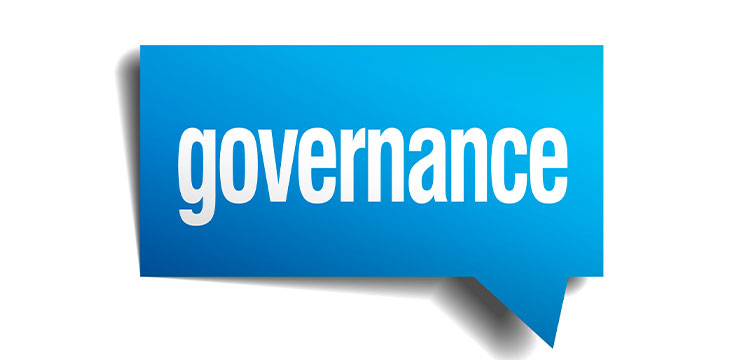|
Getting your Trinity Audio player ready...
|
An immutable, tamper-proof ledger and a framework for business processes—a perfect match for blockchain and governance
Data sharing, by its very nature, is a collaborative task. Online documents can be modified, improved, and updated. But what if you needed to manage the documents in a network, reduce the risk of duplication, modification, and make them tamper-proof.
Making sure some documents are reliable and have high integrity to make them secure and valid needs an immutable data store such as the BSV blockchain. And a use case scenario for blockchain-based immutable documentation is governance where business processes are defined and enforced. Protection of this data is paramount and privacy breaches could significantly compromise the data and the organisation.
But why do we need corporate governance in an organisation? Governance is required because of the differences between ownership and control. Any shareholder of a business has a vested interest in that business and their goals for that business might not match.
Shareholders might have specific requirements for the directors of the business and it is for the shareholders to make certain that specific goals are reached by the directors. However, the directors of a business might have different ideas that might take the business in a different direction. Shareholders may have a longer-term view to create a successful business, whereas directors might look to secure short term profits which might be detrimental to the business. Directors might want to cut corners to secure profits, which ultimately might not be good for the organisations long term health.
Corporate governance makes certain that the directors’ actions align with the goals of the shareholders by ways of structured policies and processes that appear to be set in stone throughout the lifetime of the business. There are several different areas that the organisation can focus on in terms of Governance.
- Regulatory compliance
- Risk management
- Setting corporate culture
- Environmental reporting
- Diversity and inclusion
- Legal changes
- Financial reporting
- Board effectiveness
- Engagement of stakeholders
- Succession planning
As soon as the governance structure—and the structure of the board is set correctly, then internal processes can follow on from there. Traditionally governance follows a legal regulatory requirement, or best practices principles-based approach that can be applied to the business and covers a range of scenarios. The investors in the business can then decide whether the directors are following the code.
Examples of a principles of corporate governance can be found in the OECD Principles of Corporate Governance Code, created in 1999 which details the rights of shareholders and the responsibilities of the board. There are few updates to these types of principles and, once created form the framework for organisational behaviour.
Other Governance Principles give guidance for the Board role and responsibilities, leadership of the company and the role of the Chair of the Board. Governance also covers corporate culture, whistleblowing and share dealing rules. Other guidance covers directors’ salary, and insider dealing.
Documents, policies, and procedures require robust data management both inside and outside an organisation. The documents need to maintain their integrity, be highly available and confidential. Architecturally enforcing business procedures in an immutable blockchain ledger whilst providing confidentiality and security to the documents. The ledger ensures that full detailed auditing records are maintained, and processes cannot be tampered with later. The records are securely placed onto the blockchain, are confidential, protected, but fully traceable—and most importantly—tamper proof. All data is stored publicly, yet it is not accessible to everyone. When a new block is placed onto the blockchain, the block is signed by the owner to signify possession of the data in the block. The block is encrypted so only the owner of the block can access the data.
So why could the blockchain be a better option than a database? After all, databases have been around for many years, they are performant, scalable and reliable. You can audit a database and manage it in real time.
Databases can be compromised—with unfortunate results. Email—which is in essence, a database of transactions where mail is received and responded to, can be hacked. The compromised content and the sender of the content can no longer be trusted until the email system is validated and cleared.
The key value-add for using a blockchain is immutability. It is not possible to change an entry once is it placed on chain, a new transaction would be required and it would append the old entry but never delete it from existence. Each copy of the blockchain is copied and held on servers around the world. Additions to the blockchain would mean that any new copies of the blockchain would be inconsistent with other versions and the new copy would be rejected by all the other servers on the network with the validated copies of the blockchain—the copies with the longest chain. It would take an incredible amount of coordination and persistence to make the required changes on chain—particularly as blocks are rapidly being validated and added to the chain.
Corporate governance procedures, set in stone for the long term, would be perfect for the blockchain, safe, secure, and unmodifiable. What more could a business want?

 03-02-2026
03-02-2026 




